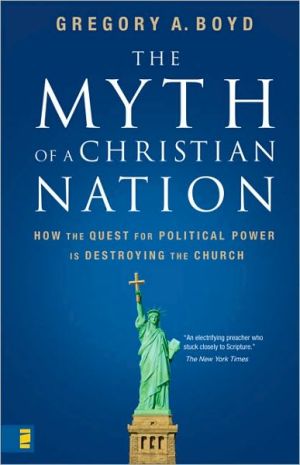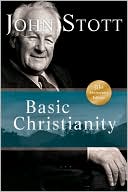Divided by Faith: Evangelical Religion and the Problem of Race in America
Search in google:
Through a nationwide telephone survey of 2,000 people and an additional 200 face-to-face interviews, Michael O. Emerson and Christian Smith probed the grassroots of white evangelical America. They found that despite recent efforts by the movement's leaders to address the problem of racial discrimination, evangelicals themselves seem to be preserving America's racial chasm. In fact, most white evangelicals see no systematic discrimination against blacks. But the authors contend that it is not active racism that prevents evangelicals from recognizing ongoing problems in American society. Instead, it is the evangelical movement's emphasis on individualism, free will, and personal relationships that makes invisible the pervasive injustice that perpetuates racial inequality. Most racial problems, the subjects told the authors, can be solved by the repentance and conversion of the sinful individuals at fault. Combining a substantial body of evidence with sophisticated analysis and interpretation, the authors throw sharp light on the oldest American dilemma. In the end, they conclude that despite the best intentions of evangelical leaders and some positive trends, real racial reconciliation remains far over the horizon. Publishers Weekly Evangelicals, argue sociologists Emerson and Smith, have gotten serious about racial reconciliation. This, they suggest, is a break from tradition--in the 19th century, many white evangelicals supported slavery but then upheld Jim Crow laws through the postwar years. Over the last half century, however, evangelicals have increasingly found racism unpalatable, a transformation culminating, symbolically at least, in the Southern Baptist Convention's 1995 proclamation that it repented for its role in slavery. Today, the Promise Keepers call for reconciliation, while evangelical theologians and publications explore what reconciliation means. But white evangelicals, though well-meaning, often unwittingly contribute to racism, say the authors. Smith and Emerson explain this seeming contradiction by drawing on Smith's earlier work, in which he argued that evangelicals have a piecemeal approach to social justice: they are inclined to fix immediate problems, such as feeding homeless people at a soup kitchen, rather than address systemic crises such as the unequal distribution of wealth. Smith and Emerson recycle the same argument, tweaked ever so slightly, here. The tools evangelicals use to combat racism--socializing more with members of another race, or integrating churches and racially segregated neighborhoods--are well-intentioned but ultimately not adequate to the task of eradicating deeply entrenched racist patterns. This is a valuable critique of evangelical approaches to social change, although those familiar with Smith's previous work will learn little. (June) Copyright 2000 Cahners Business Information.\|
Prefaceix Introduction Religion and the Racialized Society1 1 Confronting the Black-White Racial Divide5 2 From Separate Pews to Separate Churches Evangelical Racial Thought and Practice, 1700-196421 3 Becoming Active Contemporary Involvement in the American Dilemma51 4 Color Blind Evangelicals Speak on the "Race Problem"69 5 Controlling One's Own Destiny Explaining Economic Inequality Between Blacks and Whites93 6 Let's Be Friends Exploring Solutions to the Race Problem115 7 The Organization of Religion and Internally Similar Congregations135 8 Structurally Speaking Religion and Racialization153 9 Conclusion169 Appendix A173 Appendix B179 Notes183 Bibliography197 Index209








